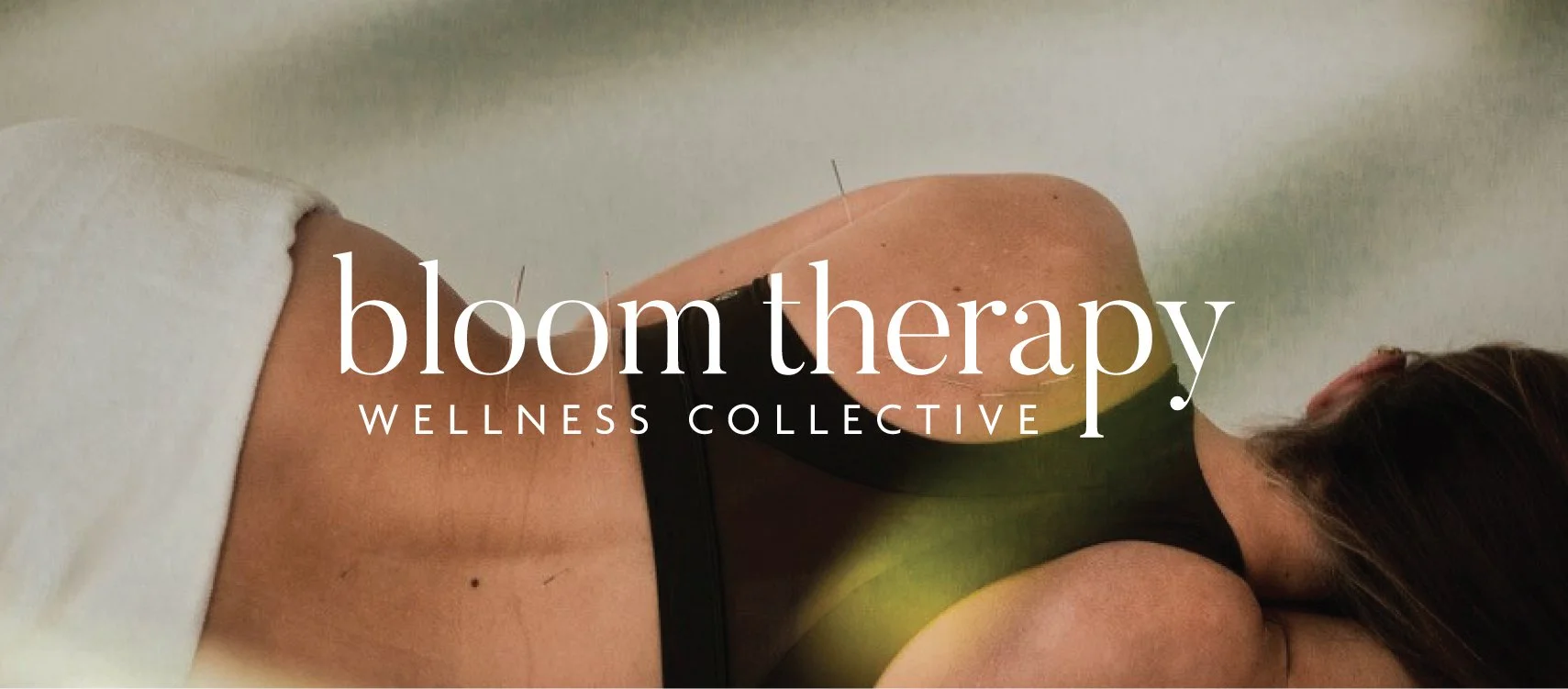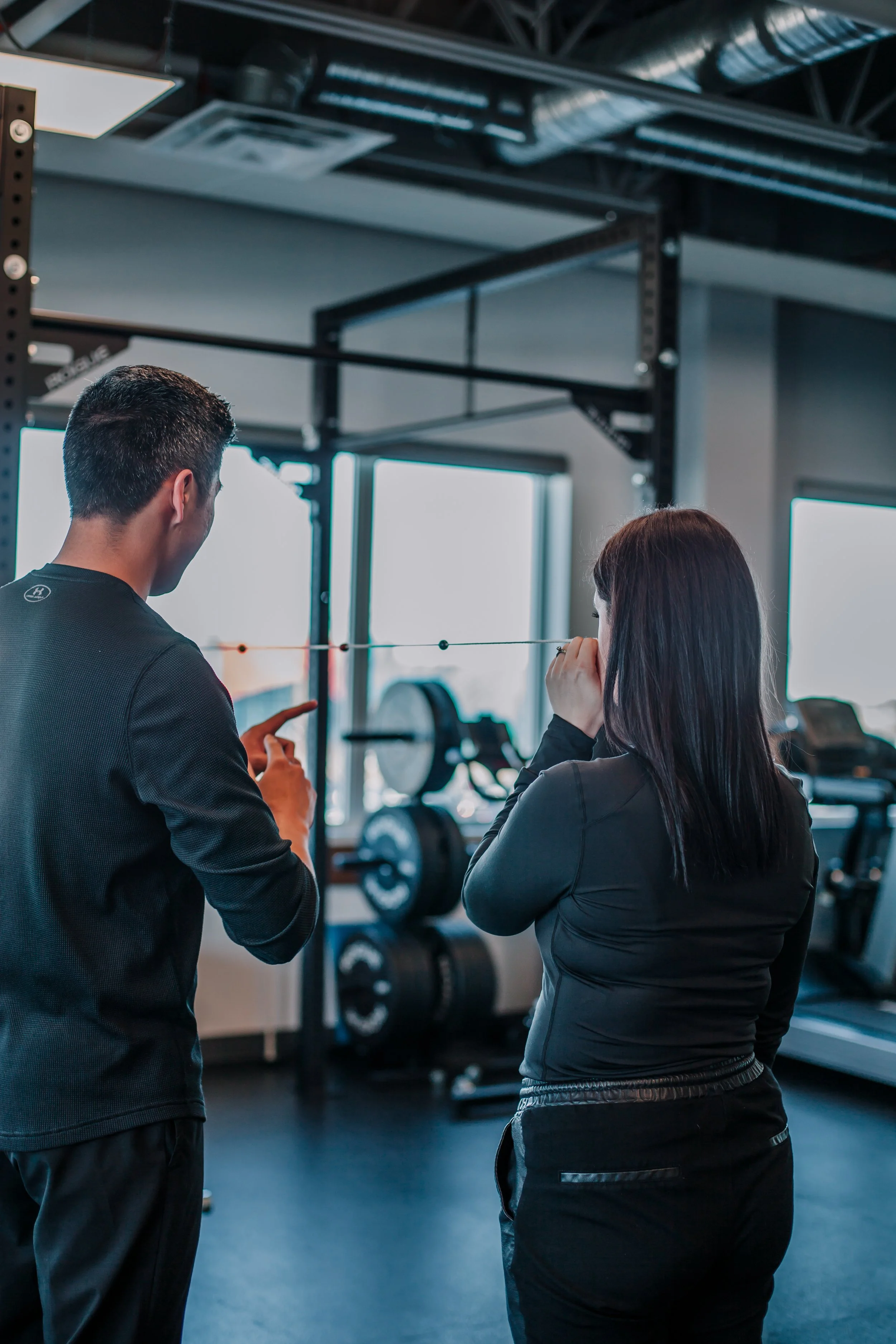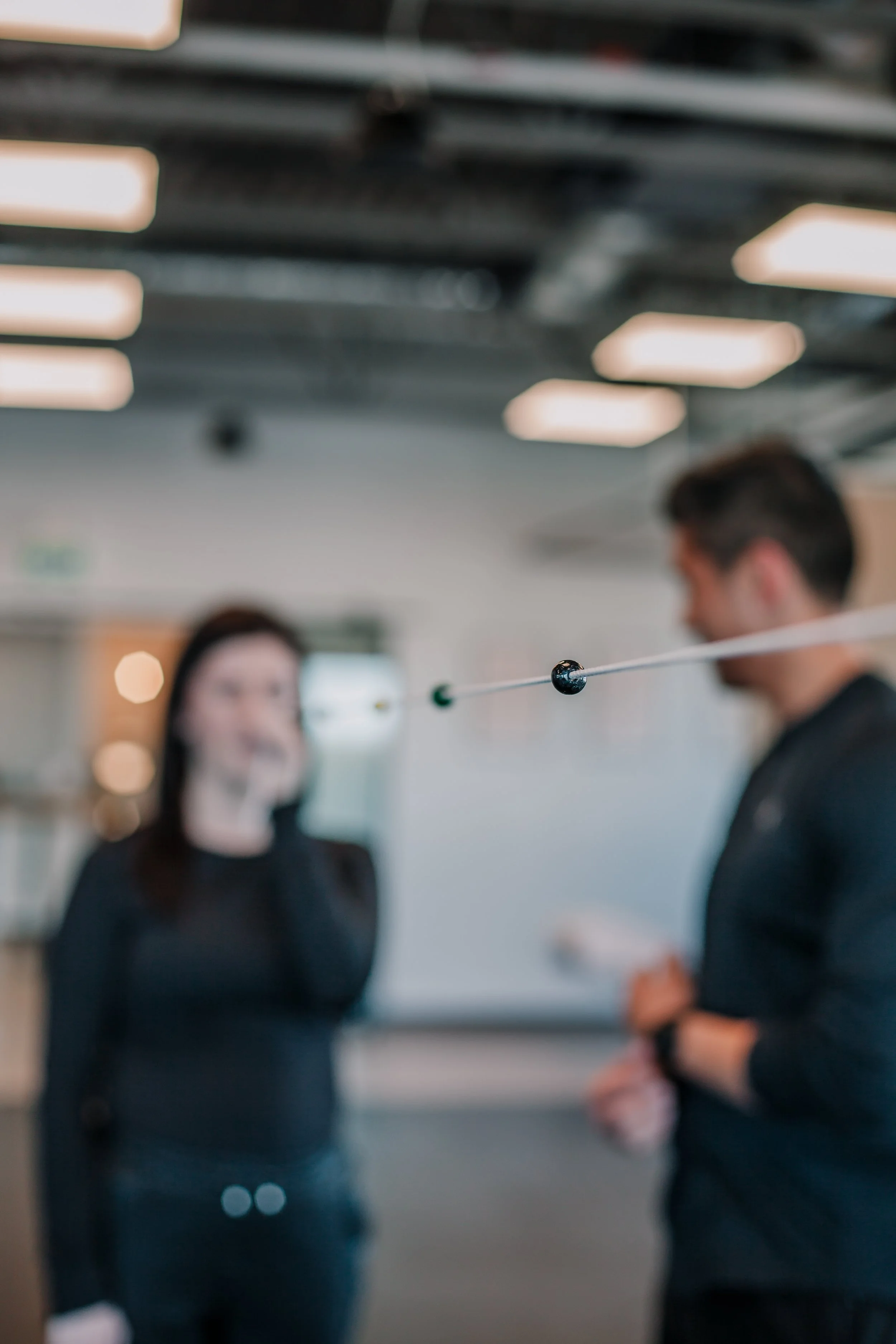
The Top 5 Ways Physiotherapy Can Help with Concussions
Check out the top 5 ways your Bloom Therapy Physiotherapist can facilitate your concussion recovery.
If you read our last post on concussions, you may want to dive a little deeper into how Physiotherapy can help.
Here are the top 5 ways your Physiotherapist can facilitate your recovery.
1. Vestibular Rehabilitation:
One of the commonly affected systems after a concussion is the vestibular system, which is responsible for our sense of balance and spatial orientation. Physiotherapists trained in vestibular rehabilitation can assess and treat these impairments. They can use specific exercises and techniques to help lessen dizziness, improve balance, and restore optimal function to the vestibular system.
2. Visual Rehabilitation:
Concussions can also disrupt the visual system, leading to issues such as blurred vision, double vision, difficulties with eye coordination, or trouble focusing. Physiotherapists who specialize in visual rehabilitation can design personalized exercises and therapies that target these visual disturbances. By improving eye movement control, focusing abilities, and visual processing speed, individuals can regain their visual function and alleviate associated symptoms.
3. Return-to-Play Assessment and Training:
For athletes recovering from concussions, an important goal is to safely return to their sport. Physiotherapists with expertise in sports-specific training can conduct comprehensive assessments to determine an individual's readiness to return to play. They can develop specialized training programs that gradually reintroduce physical activity, focusing on improving strength, endurance, agility, and balance. This approach ensures a safe and successful return to sport without risking re-injury.
4. Neck and Head Pain Management:
Concussions often result in neck and head pain, which can significantly impact an individual's quality of life. Physiotherapy interventions, such as manual therapy, therapeutic exercises, and cervical spine mobilizations, can help alleviate pain and restore normal neck function. By addressing these issues, physiotherapists can improve the overall well-being of individuals during their concussion recovery.
5. Education and Symptom Management:
An integral part of physiotherapy for concussions involves patient education and symptom management. Physiotherapists can provide guidance on energy conservation strategies, sleep hygiene practices, and relaxation techniques. They also teach individuals how to manage their symptoms effectively and monitor their progress throughout the recovery process.
Conclusion:
Physiotherapy is a vital component of concussion management and recovery. By addressing specific impairments and symptoms associated with concussions, physiotherapists can help individuals regain their day-to-day functioning and safely return to their regular activities, including sports. If you or a loved one have suffered a concussion, seeking the guidance and expertise of a physiotherapist can make a significant difference in the recovery journey. Remember, a thorough assessment and an individualized treatment plan can go a long way toward a successful recovery from concussions.
Concussion- How Physio Can Help!
What is a concussion?
Concussions are a type of traumatic brain injury that are typically sustained due to direct impacts to the head or body, including a whiplash type motion. It occurs when the axons on nerves in the brain shear back and forth, causing electrical signals to be scattered all over the brain. This creates an electrical storm of activity and energy, leading to an energy depletion, which is where the lasting symptoms often come from.
What is a concussion?
Concussions are a type of traumatic brain injury that are typically sustained due to direct impacts to the head or body, including a whiplash type motion. It occurs when the axons on nerves in the brain shear back and forth, causing electrical signals to be scattered all over the brain. This creates an electrical storm of activity and energy, leading to an energy depletion, which is where the lasting symptoms often come from.
Common symptoms include:
Headaches
Neck pain
Nausea or vomiting
Dizziness
Blurred vision
Balance problems
Sensitivity to light or noise
Difficulty with cognitive activity- concentrating, memory
Difficulty falling asleep
Emotional symptoms- more irritable, nervous, or sad
Symptom exacerbation generally peaks around the 3-5 day mark, however energy stores are not fully restored until 3-4 weeks.
It is important to seek help from a qualified rehab professional when you are recovering from a concussion to ensure that these energy levels have been restored to their pre-injury level and to prevent a second more dangerous hit to the head when the brain is not functioning at full capacity.
A physiotherapy concussion assessment will include assessment of the visual and vestibular systems through an exam of eye and head movement and balance. We also look at the neck, as most concussions occur alongside whiplash or a neck strain. At the next visit, we do a walking test on the treadmill to find if a specific heart rate increases concussion symptoms. It is common that an increase in metabolic demands increases symptoms due to the brain operating in a lower energy state.
For any tests that are found positive, or areas of the brain that bring on symptoms, we prescribe homework at a level that prevents a large increase in symptoms but allows the body to begin to adapt and return to baseline. Just like a muscle strain, we want to slowly reload and challenge the system to adapt and heal!
If you think you may have sustained a concussion, book in for a concussion assessment today.
-Ashley Ouellette, MScPT


